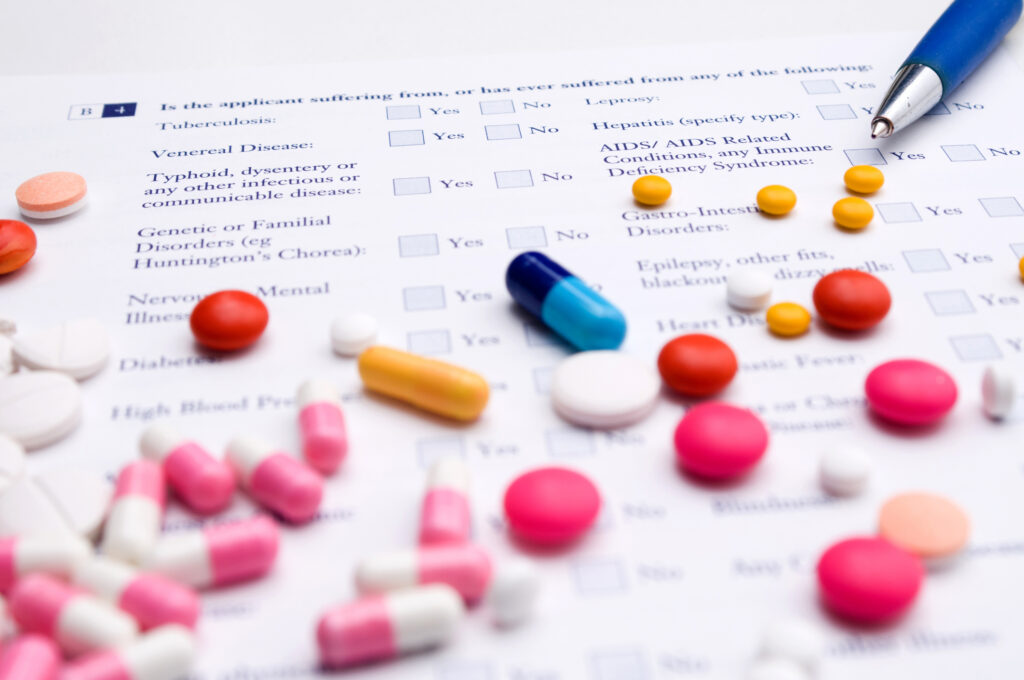Detoxing After a Night Out: When Does Drinking Cross the Line?

We’ve all been there—head pounding, mouth dry, stomach uneasy. After a night of drinking, it’s easy to swear off alcohol forever…until the next invite rolls in. But as the hangovers pile up or your “casual” nights out become more frequent, you might start to wonder: Is this normal, or is it a red flag?
Before diving into the deeper questions, let’s talk about how to detox safely and gently after a night of drinking.
How to Detox After a Night of Drinking
1. Hydrate like it’s your job
Alcohol is a diuretic, which means it dehydrates you quickly. Start your day with water, electrolyte drinks (like coconut water or Pedialyte) or herbal teas.
2. Fuel your body
Skip the greasy food myth. Instead, go for nutrient-rich meals with complex carbs, lean proteins and healthy fats. Think: avocado toast, eggs, oatmeal or a smoothie packed with greens and fruit.
3. Rest and reset
Your body needs downtime to process alcohol. Sleep is one of the best ways to recover. If that’s not possible, try meditation or a light walk outdoors.
4. Skip “hair of the dog”
Drinking more to relieve a hangover just prolongs the detox process. It may feel like a quick fix, but it could be a warning sign if it’s your go-to hangover cure.
5. Avoid over-the-counter overload
Popping ibuprofen or acetaminophen on an empty stomach can be rough on your liver, especially after it’s been working overtime to process alcohol. Use sparingly and with food if needed.
When Does Drinking Become a Problem?
A wild night out doesn’t necessarily mean you have a drinking problem—but it’s worth taking a closer look if it’s becoming a pattern.
Ask yourself these questions:
- Are you drinking more than you planned, more often than you’d like?
- Are hangovers affecting your work, relationships or mental health?
- Do you drink to escape, cope with stress or numb emotions?
- Have friends or family expressed concern about your drinking?
- Do you feel guilty or anxious after drinking?
- Have you tried to cut back but couldn’t?
If you answered “yes” to any of these, it might be time to look at your relationship with alcohol more seriously.
When Detoxing at Home Isn’t Enough
Occasional hangovers are one thing. But if you’re drinking frequently or feel physically dependent on alcohol, at-home detox may not be safe. Alcohol withdrawal can be dangerous—even deadly—without medical supervision in some cases.
Symptoms of alcohol withdrawal may include:
- Shakiness or tremors
- Sweating
- Nausea or vomiting
- Anxiety or irritability
- Seizures (in severe cases)
- Hallucinations or confusion
If you’ve experienced any of these—or are afraid to stop drinking because of what might happen—a professional detox center is the safest path forward.
You Don’t Have to Hit Rock Bottom to Ask for Help
Whether you’re questioning your drinking habits or ready to make a change, support is out there. There’s no room for shame or judgment in recovery. It’s about reclaiming your health and future. If you’re feeling stuck in the cycle of weekend benders, blackouts or next-day regrets, it might be time for more than just a hangover cure. Detox is the first step toward clarity, balance and control.
Ready to Reset?
Whether you’re detoxing after one rough night or confronting a pattern you can’t shake, professional support can make all the difference. Don’t wait until it’s “bad enough.” The best time to make a change is when you start to wonder if you should.
Contact us today to learn more about medically supervised detox programs that meet you where you are—judgment-free, safe and personalized.







